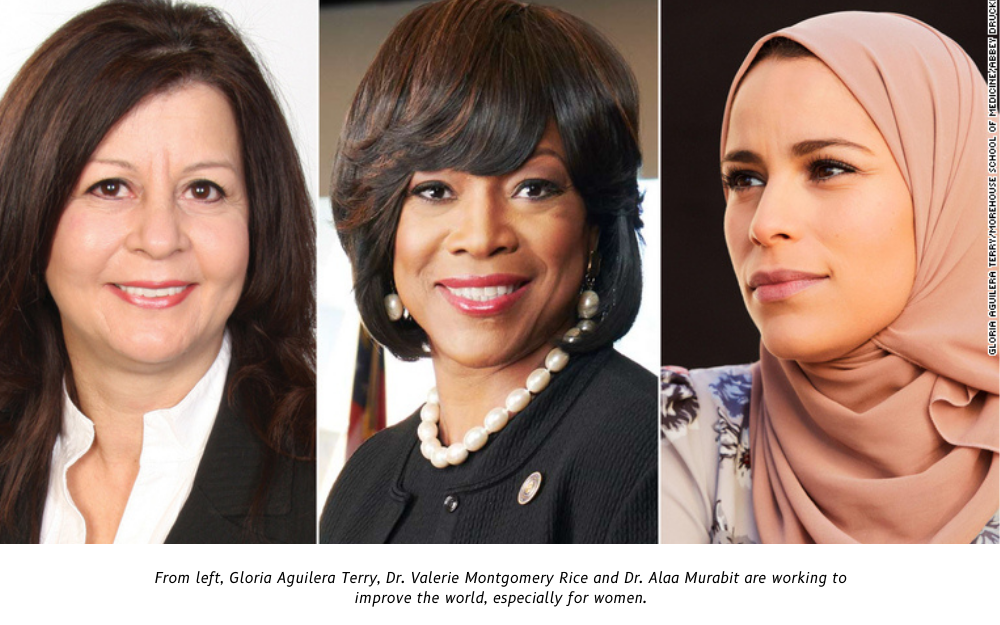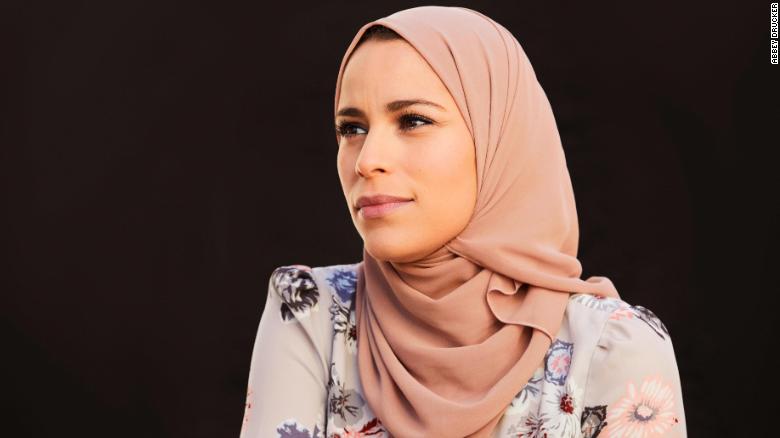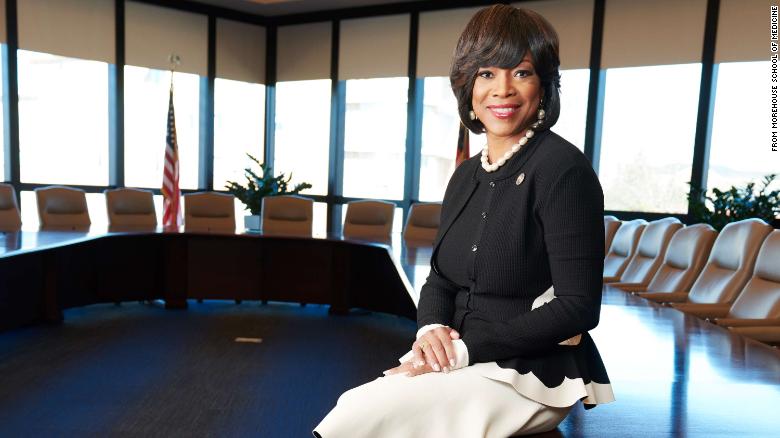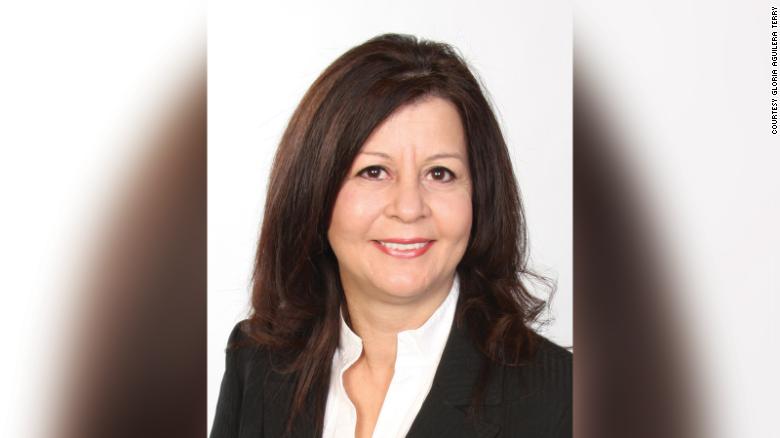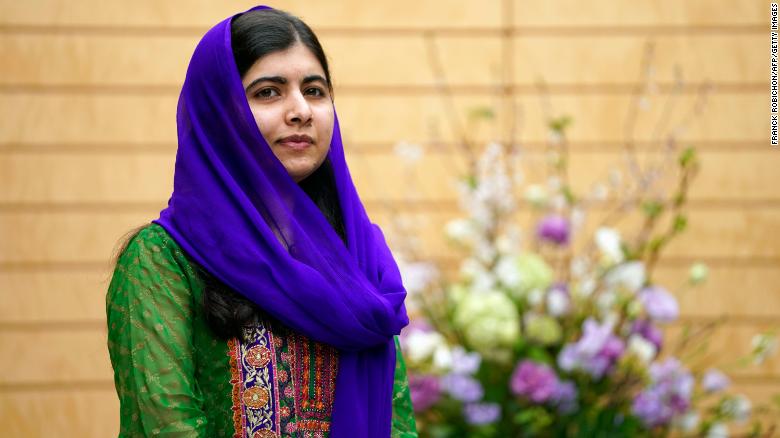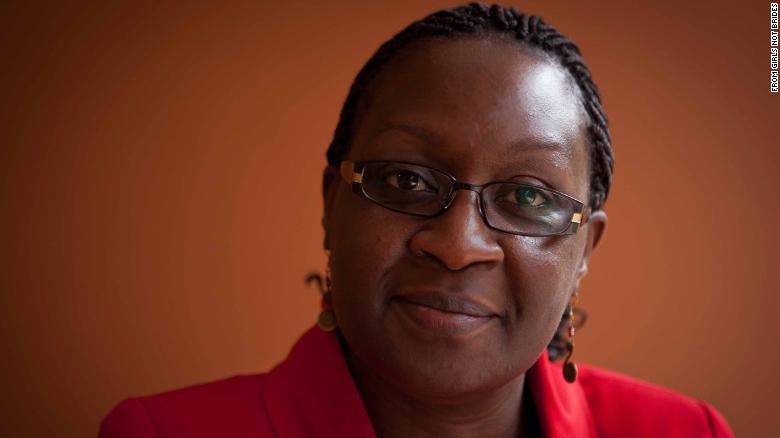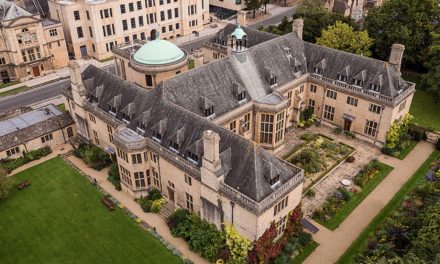(CNN)With the global pandemic, 2020 proved to be a tough year for everyone — especially girls and women.
Dr. Alaa Murabit — Equity in health care
Dr. Alaa Murabit is a Libyan-Canadian medical doctor, women’s rights advocate and United Nations High-Level Commissioner on Health, Employment and Economic Growth.
Dr. Valerie Montgomery Rice — Gender equality
Dr. Valerie Montgomery Rice is president and dean of Morehouse School of Medicine and the first woman at its helm.
Gloria Aguilera Terry — Ending gender violence
Gloria Aguilera Terry calls domestic violence “the scourge in our society” and the common thread in homelessness, mental health and maternal mortality.
Malala Yousafzai — Education for girls
Malala Yousafzai was a schoolgirl in Pakistan when the Taliban took over her town. Among other things, they banned girls from going to school. Encouraged by her father and the rest of her family, she began speaking out about the need for girls’ education.
Faith Mwangi-Powell — Ending child marriage
Faith Mwangi-Powell is the chief executive officer of Girls Not Brides, an organization that partners with more than 1,500 groups working to keep girls in school and out of early marriages.
Originally Published By :
By Martha Shade, CNN
